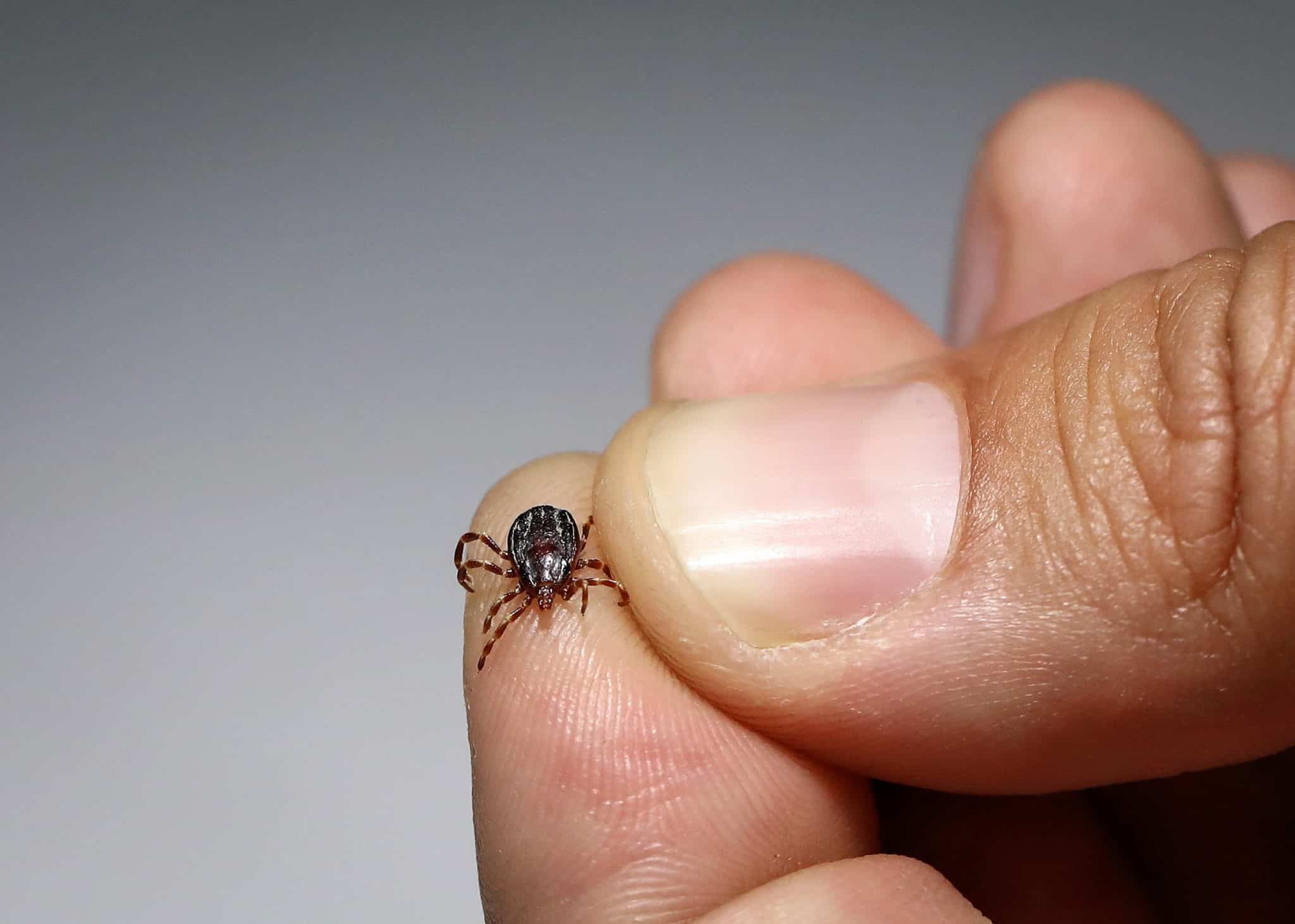The Centre for Diseases Control (CDC) under NIH highlighted the critical need for vigilance against CCHF, particularly with the upcoming Eid-ul-Azha, which involves increased human-animal interactions. Last year, Pakistan reported 101 cases of CCHF.
The CDC emphasized that CCHF, caused by the tick-borne Nairovirus, is primarily transmitted to humans through tick bites or contact with infected animal blood or tissues, especially during slaughter. Human-to-human transmission can also occur through contact with infectious blood, secretions, or body fluids.

Heatstroke and Sunstroke Advisory
The advisory on heatstroke and sunstroke prevention comes in response to the severe climate changes and frequent heatwaves attributed to global warming. The NIH noted that the impact of heat waves in Pakistan is increasing each year, leading to higher risks of morbidity and mortality from heat-related illnesses. The public is advised to avoid direct sunlight, increase water intake, consume salty foods, and wear hats and light-colored, loose clothing to prevent heatstroke. Rehydration is critical in mitigating the complications associated with heatstroke.
Typhoid Fever Advisory
Pakistan faces a high burden of typhoid fever, exacerbated by inadequate access to safe drinking water, poor hygiene practices, and low immunization coverage. The CDC’s advisory stressed the importance of improving water safety, hygiene practices, and immunization efforts to reduce the disease burden.




















![What Grade of Green Brought Pakistan’s Economy to Ruin? [Opinion]](https://qalamkahani.com/wp-content/uploads/2024/01/debt-360x180.jpg)

